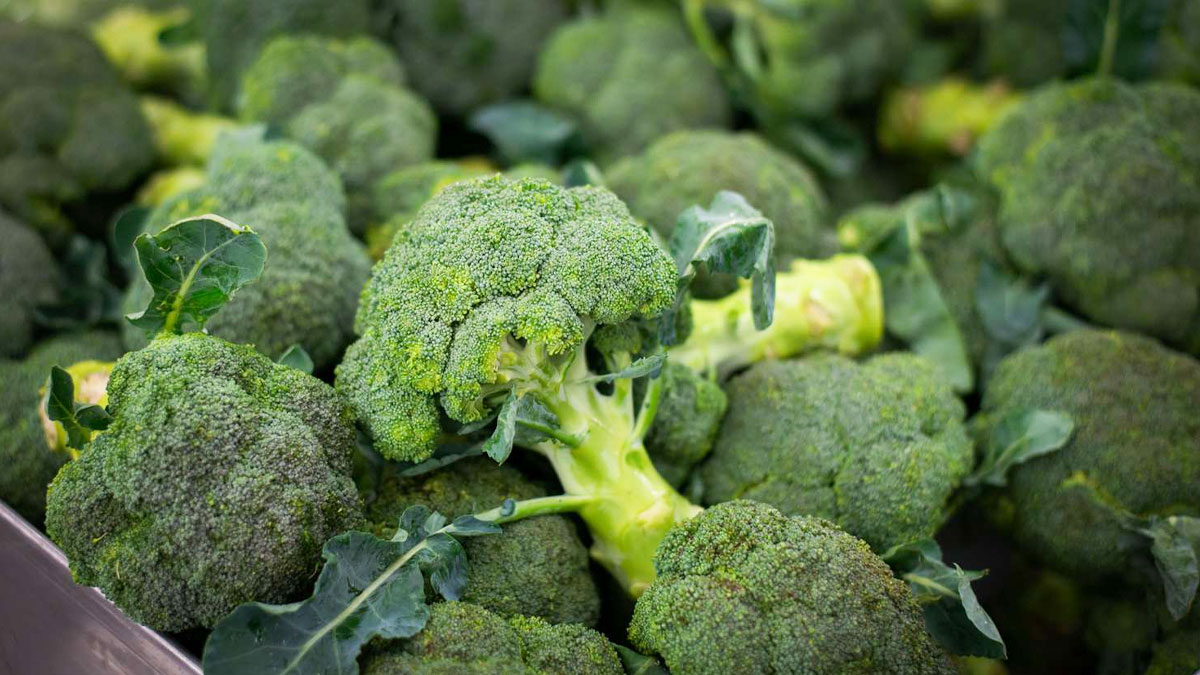
Retail giant Walmart recalled 12-ounce bags of Marketside Broccoli Florets, which were distributed to over 1,000 stores in 20 states, including Alaska, Arizona, Texas, Colorado, and Michigan. The product, sourced from Braga Fresh, a California-based supplier, was flagged after random testing at a Texas store uncovered traces of Listeria monocytogenes.
Table of Content:-
Although the broccoli bags were past their best-by date of December 10, 2024, the recall notice cautioned customers who may have frozen the product for future use. The U.S. Food and Drug Administration (FDA) has urged anyone in possession of the affected product to dispose of it immediately.
Why Listeria Contamination Is a Serious Concern
Listeria monocytogenes, the bacteria identified in the recalled broccoli, poses a significant threat to vulnerable populations such as pregnant women, the elderly, and individuals with weakened immune systems. Unlike many foodborne bacteria, listeria thrives in low temperatures, including those found in refrigerators and freezers.

Contaminated food may not show any visual signs of spoilage, such as changes in texture or smell, making the risk even more insidious. This unique characteristic allows the bacteria to multiply to dangerous levels over time, even in cold storage.
Symptoms of Listeriosis
Listeriosis, the illness caused by Listeria monocytogenes, can manifest with a range of symptoms that typically appear one to two weeks after consuming contaminated food. In some cases, symptoms can emerge as soon as a few days or as late as three months. Common symptoms include:
Also Read: Is HMPV Spreading to India? Telangana Urges Masks and Isolation Despite Denying Cases
- Fever
- Chills
- Headache
- Nausea and vomiting
- Diarrhea
- Muscle aches
Severe cases can lead to complications such as sepsis, meningitis, or encephalitis, particularly if the infection spreads to the bloodstream or brain. Other severe symptoms include confusion, loss of balance, and convulsions.

Steps to Take if You Have the Affected Product
If you have purchased the recalled broccoli florets:
- Dispose of the product immediately, even if it appears fresh.
- Sanitize any surfaces or containers that may have come into contact with the broccoli to prevent cross-contamination.
- Monitor your health for any signs of listeriosis, particularly if you fall into a high-risk group.
Also Read: Malaysia on Alert as HMPV Cases Spike Following China Outbreak: Prevention Tips You Need to Know!
Treating Listeriosis
For those who develop listeriosis, medical treatment typically involves antibiotics like sulfamethoxazole or ampicillin, which can effectively clear the infection. Pregnant women, infants, and individuals over 65 are more likely to require treatment to avoid complications. To manage symptoms, doctors may also recommend:
- Resting and staying hydrated.
- Eating light meals such as soups or rice.
- Taking nonsteroidal anti-inflammatory drugs (NSAIDs) for fever and muscle aches.
In mild cases, symptoms may resolve without the need for medical intervention. However, seeking medical advice is critical for anyone experiencing severe or prolonged symptoms.
Staying Safe: Preventing Listeria Exposure
To reduce your risk of listeria exposure:
- Wash fresh produce thoroughly under running water.
- Store perishable foods at the correct temperatures and avoid cross-contamination in your refrigerator.
- Avoid consuming recalled or expired products.
- Follow safe food handling practices, including regular sanitization of kitchen surfaces and utensils.
Bottomline
Although no illnesses have been reported from the recalled broccoli, the presence of listeria is a serious concern. Walmart and the FDA’s swift response highlights the importance of vigilance in food safety. By staying informed and following precautionary measures, you can protect yourself and your family from potential health risks.
Also watch this video
Read Next
Malaysia on Alert as HMPV Cases Spike Following China Outbreak: Prevention Tips You Need to Know!
How we keep this article up to date:
We work with experts and keep a close eye on the latest in health and wellness. Whenever there is a new research or helpful information, we update our articles with accurate and useful advice.
Current Version